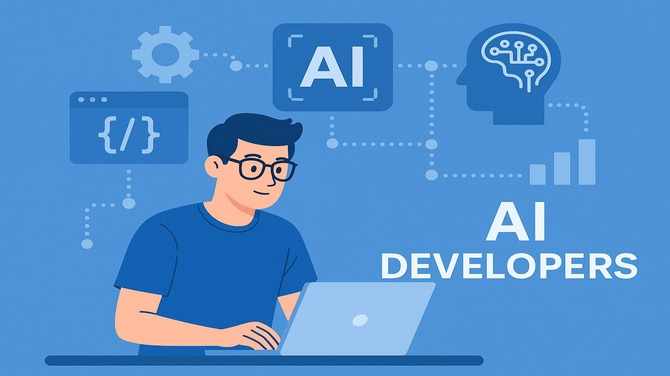
The artificial intelligence revolution is reshaping industries at an unprecedented pace. Companies that fail to adapt risk falling behind their competitors who embrace AI technology. The key to staying competitive lies in one crucial decision: the need to hire AI developers who can transform your business operations and unlock new growth opportunities.
Recent market data reveals a striking trend that no business leader can ignore. According to McKinsey's latest research, 78% of organizations now use AI in at least one business function, representing a significant jump from just 55% a year earlier. This rapid adoption demonstrates that AI integration has moved from being a nice-to-have to an essential business requirement.
Why Machine Learning Engineers Are Essential for Modern Business
The demand for skilled AI professionals has reached critical levels across industries. Companies recognize that machine learning engineers possess the specialized knowledge needed to implement sophisticated AI solutions that drive real business value. These professionals bridge the gap between complex algorithms and practical applications that solve real-world problems.
Current market analysis shows that AI job postings have increased by 50% between 2022 and 2024, with generative AI roles leading this growth surge. This expansion reflects the increasing recognition that AI capabilities are fundamental to maintaining competitive advantage in today's digital economy.
The Strategic Advantage of AI Development Teams
Building an internal AI development team provides companies with several strategic benefits that external contractors cannot match. First, dedicated AI developers understand your specific business context and can create tailored solutions that align with your unique operational needs. Second, they can iterate quickly on projects and adapt to changing requirements without the communication delays inherent in outsourced relationships.
Furthermore, having AI developers on staff ensures that your company maintains control over its intellectual property and can protect sensitive data throughout the development process. This level of security and customization becomes increasingly important as AI applications become more sophisticated and integrated into core business operations.
Current Market Trends in AI Development Hiring
The AI talent market has experienced significant changes in recent years, with compensation packages reflecting the high demand for skilled professionals. Machine learning engineers now command average salaries of $170,592 per year in the United States, with senior roles reaching up to $212,928 annually for specialized positions.
Industry reports indicate that companies are particularly focused on hiring candidates with experience in generative AI, natural language processing, and computer vision. These specialized skills are driving premium compensation packages as businesses compete for top talent in a constrained market.
Investment in AI Infrastructure Continues Growing
The artificial intelligence market exceeded $184 billion in 2024, representing nearly $50 billion in growth from the previous year. This massive investment demonstrates sustained confidence in AI technology's potential to transform business operations and create new revenue streams.
Companies across sectors are allocating significant resources to AI initiatives, with many reporting that AI represents a top priority in their strategic planning. This commitment translates into increased hiring budgets and expanded development teams focused on AI implementation.
Key Skills to Look for When You Hire AI Developers
Successful AI developers combine technical expertise with business acumen to create solutions that deliver measurable results. Essential technical skills include proficiency in programming languages like Python and R, experience with machine learning frameworks such as TensorFlow and PyTorch, and understanding of data processing and analysis techniques.
Beyond technical capabilities, look for developers who demonstrate strong problem-solving abilities and can communicate complex concepts to non-technical stakeholders. The ability to translate business requirements into technical specifications is crucial for successful AI project implementation.
Specialization Areas Within AI Development
Different AI applications require specialized expertise, making it important to identify the specific skills your project demands. Computer vision specialists focus on image and video analysis applications, while natural language processing experts work on text-based AI solutions like chatbots and content analysis tools.
Data scientists and machine learning engineers often overlap but serve distinct roles in the development process. Data scientists focus on extracting insights from data and building predictive models, while machine learning engineers concentrate on implementing and scaling these models in production environments.
Cost Considerations and ROI of AI Development Teams
While hiring AI developers requires significant investment, the return on investment typically justifies the expense through improved efficiency and new revenue opportunities. Companies report that AI implementations often reduce operational costs by 20-30% while simultaneously increasing productivity and accuracy in key business processes.
The cost structure varies depending on experience level and specialization, with entry-level AI developers starting around $85,000 annually and senior professionals commanding salaries exceeding $200,000. However, the value these professionals create often far exceeds their compensation through process improvements and innovation.
Building vs. Outsourcing AI Development
Organizations face the choice between building internal AI teams or partnering with external development firms. While outsourcing may seem cost-effective initially, internal teams provide better long-term value through deep business understanding and ongoing optimization of AI systems.
Internal AI developers can also provide continuous support and iteration, ensuring that AI solutions evolve with changing business needs. This adaptability is particularly valuable as AI technology continues advancing and new opportunities emerge.
Implementation Strategies for AI Development Teams
Successfully integrating AI developers into your organization requires careful planning and clear objectives. Start by identifying specific business challenges that AI can address, then recruit developers with relevant experience in those problem domains. This targeted approach ensures that your AI initiatives deliver measurable business value from the beginning.
Create a collaborative environment where AI developers can work closely with domain experts and business stakeholders. This cross-functional approach leads to more effective solutions and helps ensure that AI implementations align with broader business objectives.
Future-Proofing Your AI Development Strategy
The AI landscape continues evolving rapidly, with new technologies and methodologies emerging regularly. When you hire AI developers, prioritize candidates who demonstrate adaptability and continuous learning mindset. These qualities ensure that your team can navigate technological changes and maintain competitive advantage over time.
Consider establishing partnerships with universities and research institutions to stay connected with emerging AI developments. This approach provides access to cutting-edge research and helps identify potential future team members who are developing relevant skills.
Conclusion
The decision to hire AI developers represents a strategic investment in your company's future competitiveness. Current market trends clearly indicate that organizations embracing AI technology are gaining significant advantages over those that delay implementation. The combination of growing market demand, proven ROI, and expanding AI capabilities makes now the optimal time to build your AI development team.
Companies that act decisively to hire AI developers position themselves to capitalize on emerging opportunities while their competitors struggle to catch up. The question is not whether to invest in AI development talent, but how quickly you can assemble the team needed to transform your business operations and secure your competitive position in the AI-driven economy.





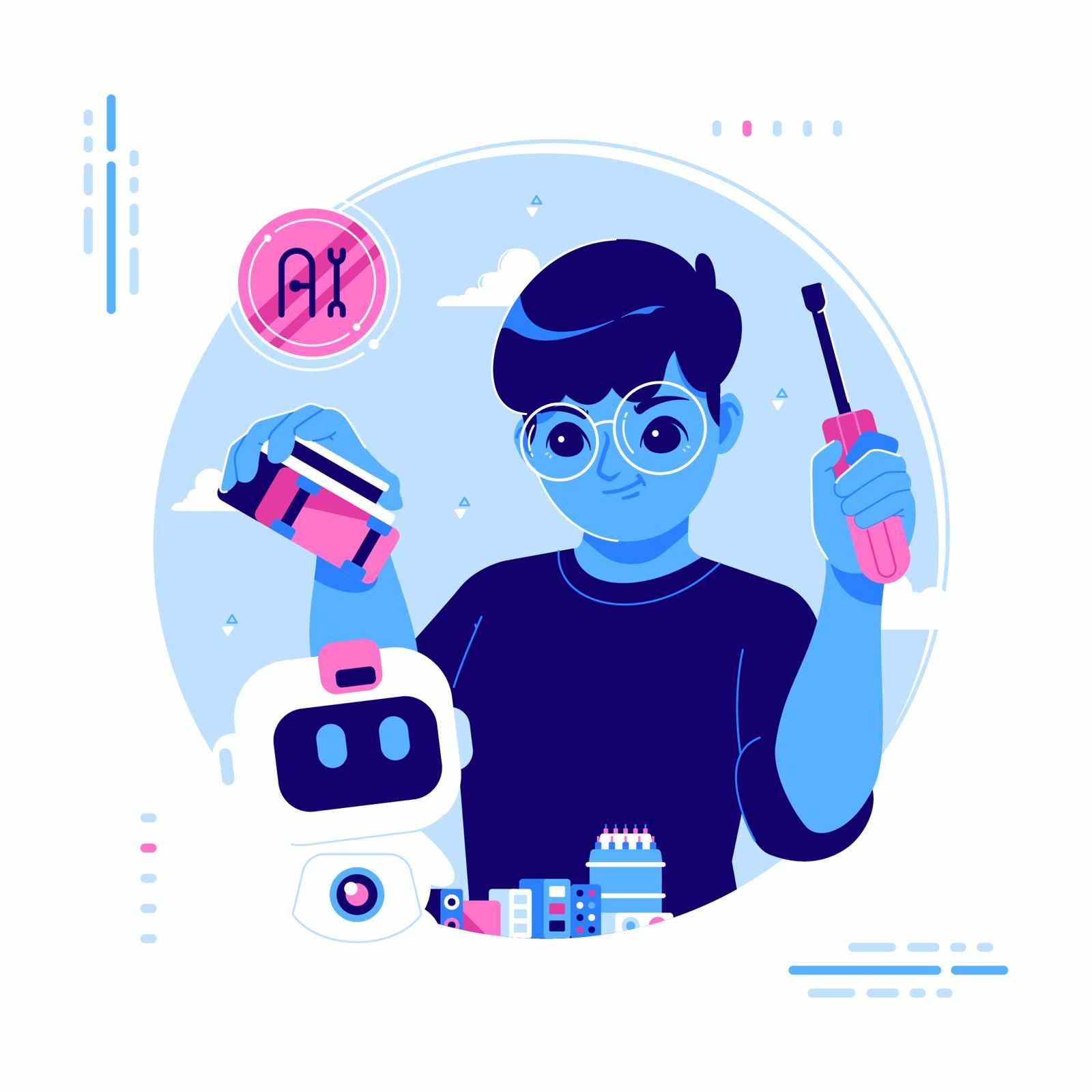
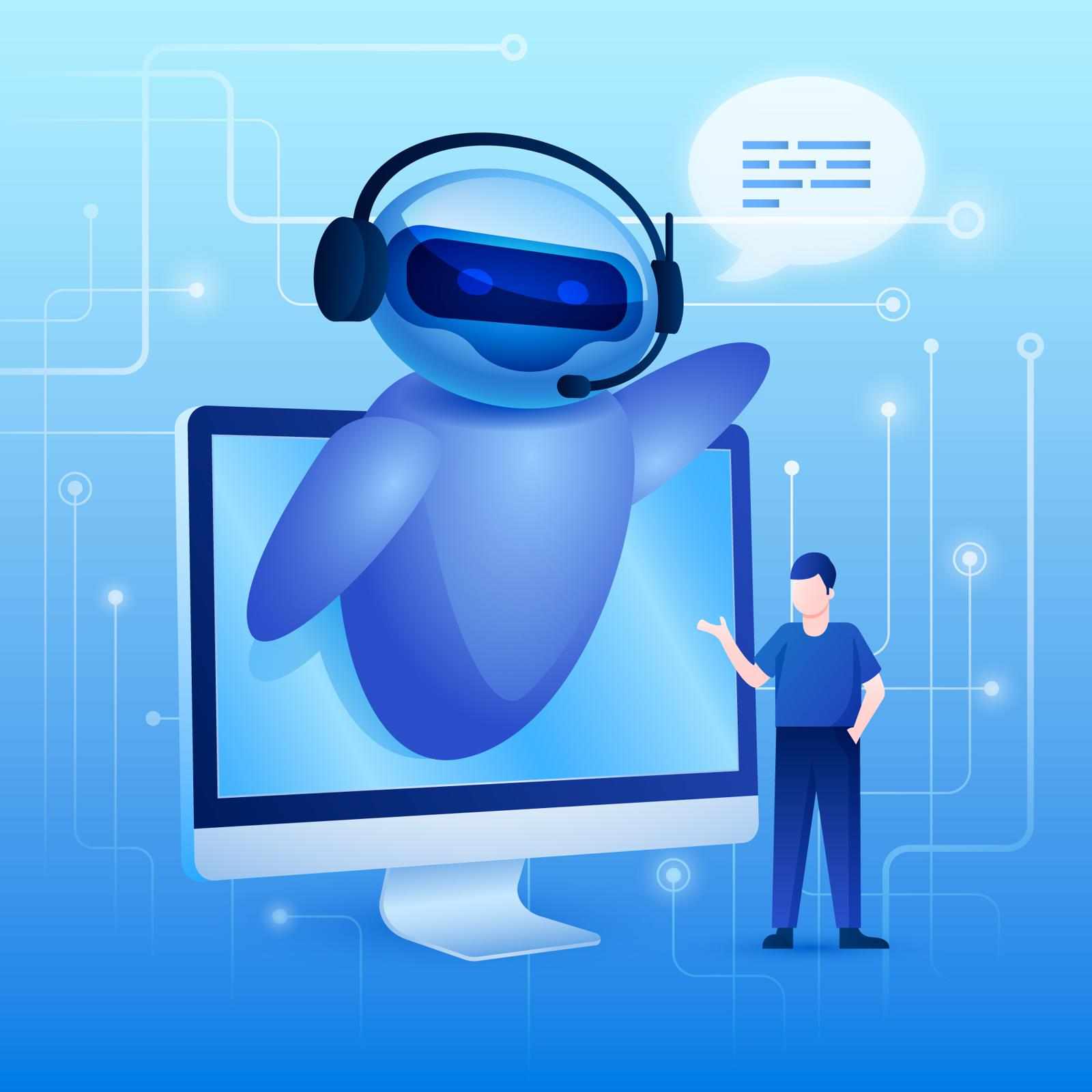


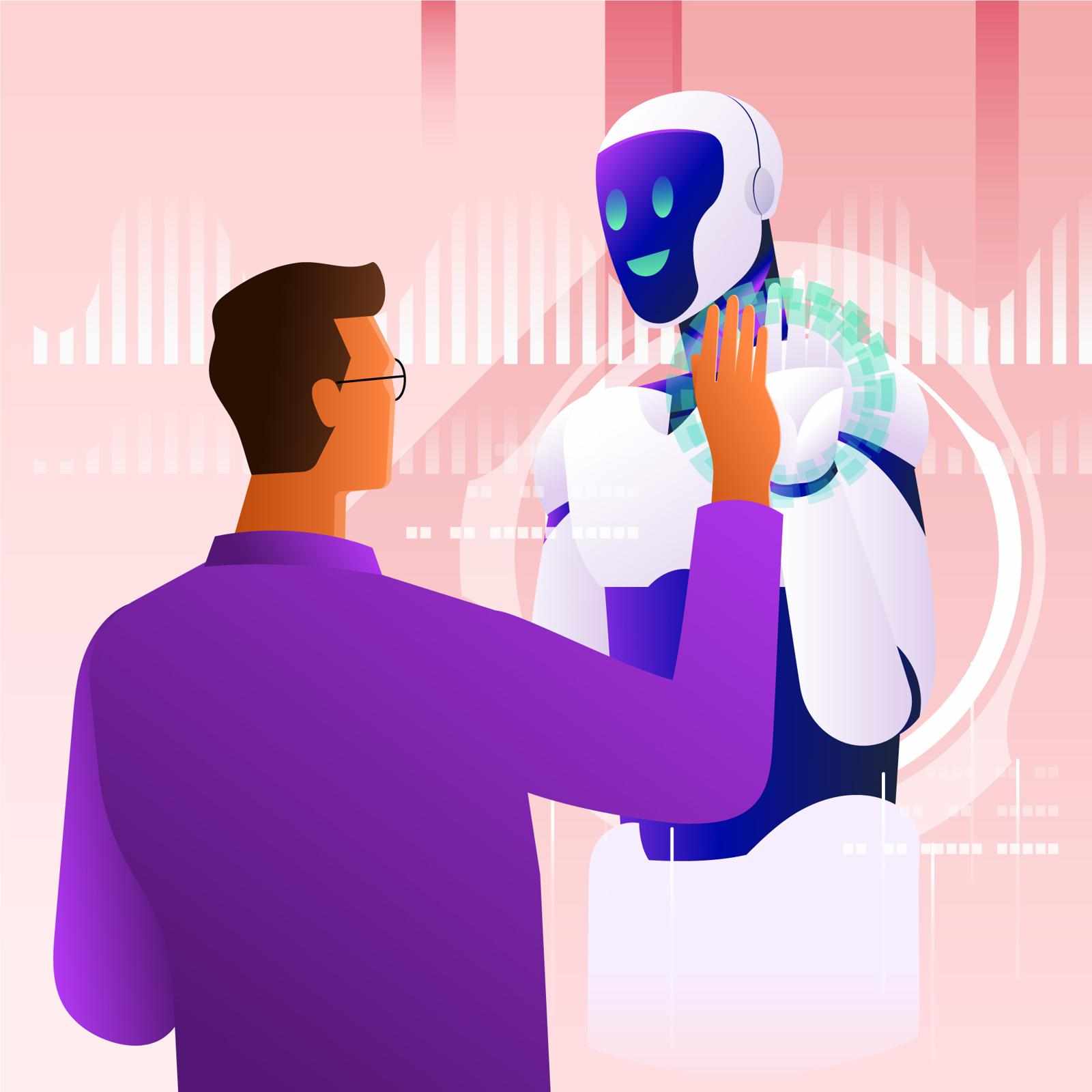



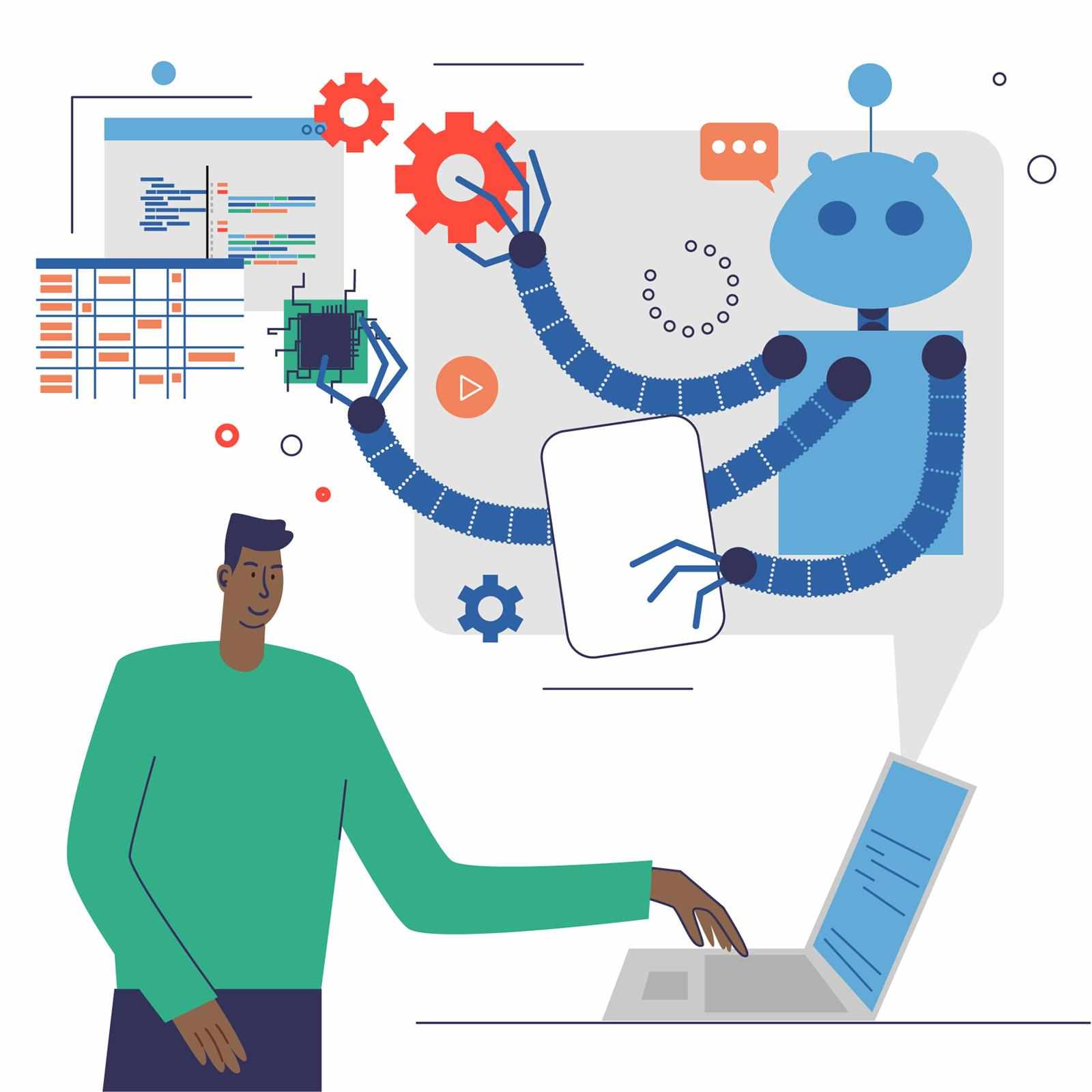

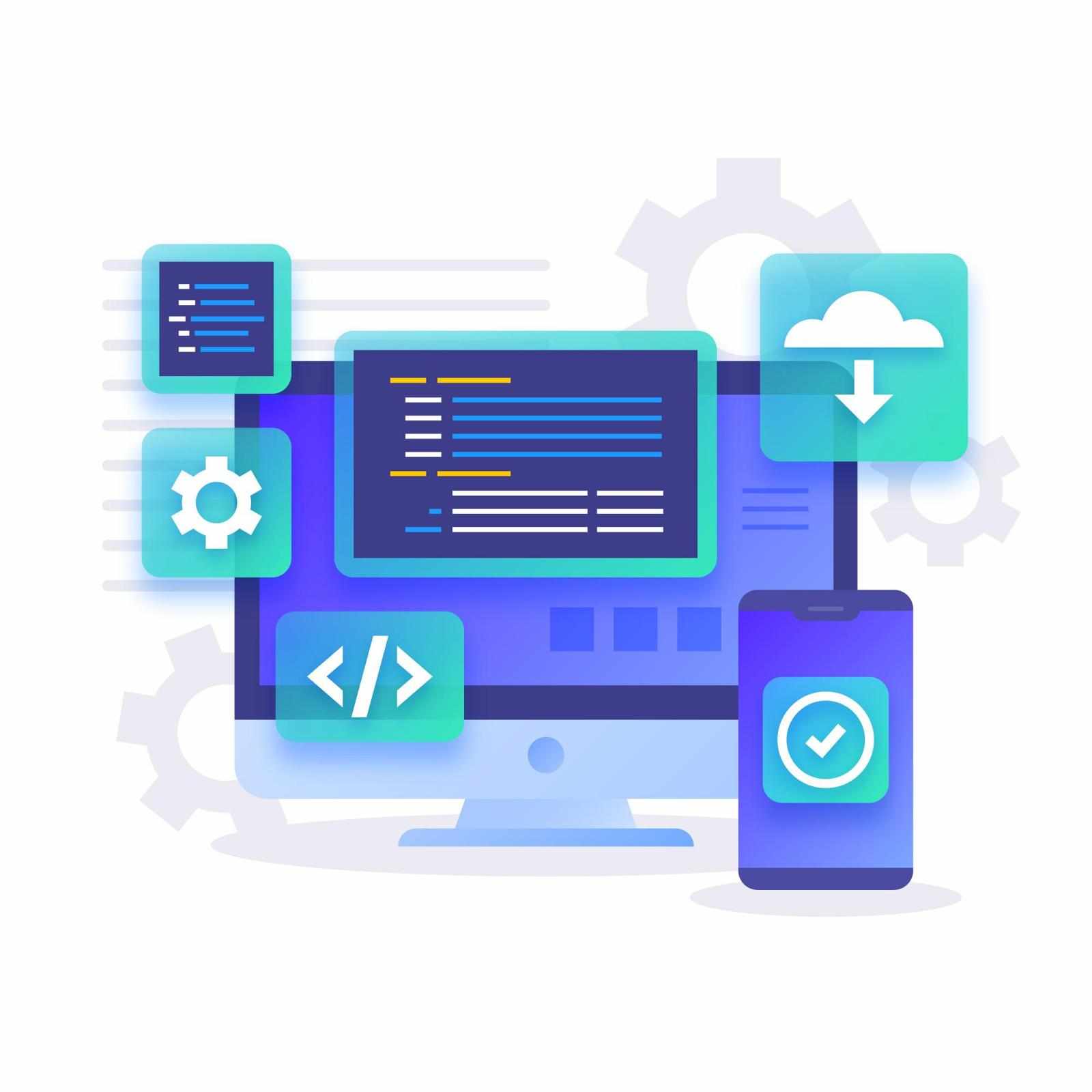
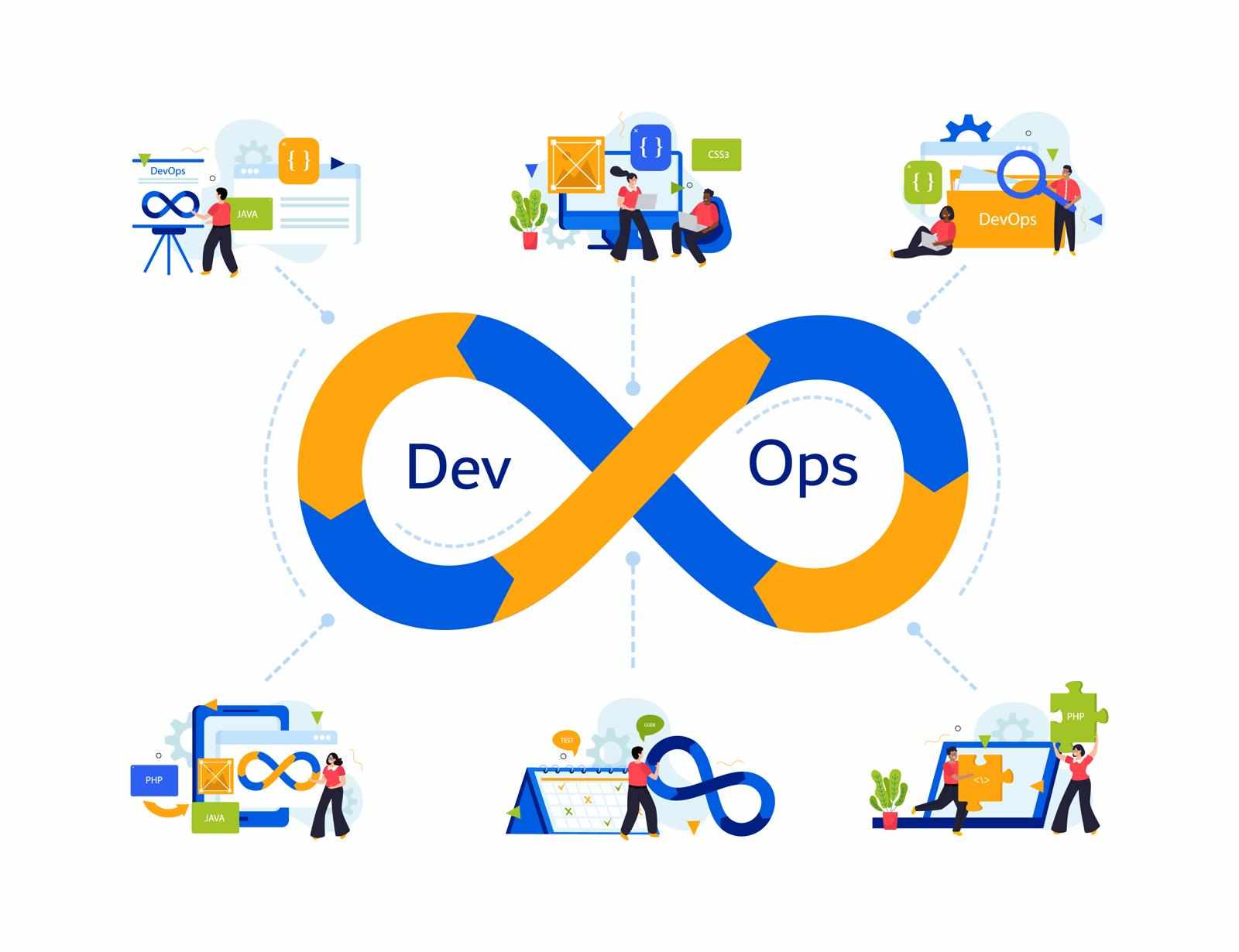



Write a comment ...